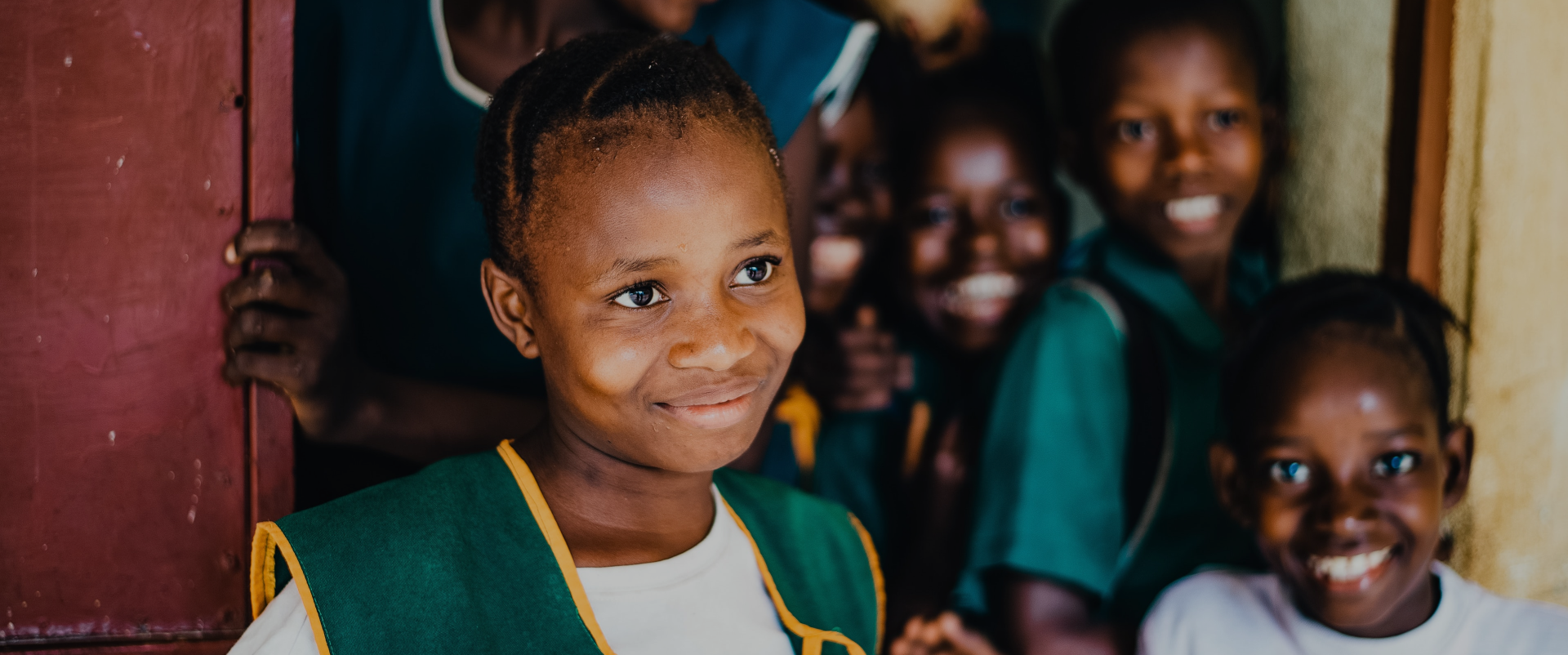
Slash off 20% Tax on Sanitary Pads to Ensure Balance-for-Better.
The award winning writer Vera Narzarian once said; “A woman is human.
She is not better, wiser, stronger, more intelligent, more creative, or more responsible than a man. Likewise, she is never less’’.
The existence of male supremacy and female inferiority however is the sad reality in most societies today, especially in Africa. In many sectors including education, statistics show that more males enrol and participate than females. Girls who get to attend school tend to face a number of disruptions due to various factors including the natural phenomenon of menstruation.
Menstruation has been proven to be a strong barrier to girls’ education. Some effects of poor menstrual hygiene management (MHM) on the education of adolescent girls include school absenteeism, distraction during lessons and increased school drop-out rates. The maintenance of an active way of life, bereft of stress and tension during periods, and its crowning effect on school dropout and attendance has become a huge concern to girls, parents, education sector players, Civil Society Organizations and development partners. Most girls consistently miss school during their periods because they cannot afford to buy sanitary pads and fear they will be ridiculed if they soil their uniforms. Some tend to rely on absorbents such as dirty rugs, dried corn husks, paper and so on since they are less expensive than sanitary pads.
One may ask; in Ghana, how committed are political leaders to attaining a Balance For Better as the theme for the International Women’s Day suggests? This year’s celebration has the campaign theme #BalanceforBetter; which is a call-to-action for driving gender balance across the world. How committed are they to going all out to ensure their interventions close the wide gender gap existing between males and females in order to report on the Sustainable Development Goals 3,4, 5 and 6. It is necessary that stringent policies are put in place to address issues of gender inequality at all levels especially those that affect female education and participation.
Presently, the harmonized system used by the Ghana Revenue Authority classification for sanitary pad is not favourable for girls and women. The classification qualifies the pads in luxury category when it is supposed to be an essential item for EVERY adolescent girl. This consequently leads to an increase in the cost. It is interesting to know however that condoms attract zero percentage tax. If condoms which are used voluntarily attract no tax why should sanitary pads which are not used by choice but as a necessity attract so much tax? This issue has been raised a number of times, however there seems to be no reaction from the authorities concerned. As a nation, we cannot work to ensure gender equality in areas such as recruitment for employment and admission into schools without looking at the fundamental issues that cause girls’ education and potential to be cut off.
Until sanitary pads are correctly categorized as basic essentials and practical policy and programme interventions are instituted, the gender gap cannot be bridged. On this special day, our national leaders should make a commitment to act on issues that are stifling the potentials of the Ghanaian girl child in order to ensure there is gender balance for a better Ghana.

